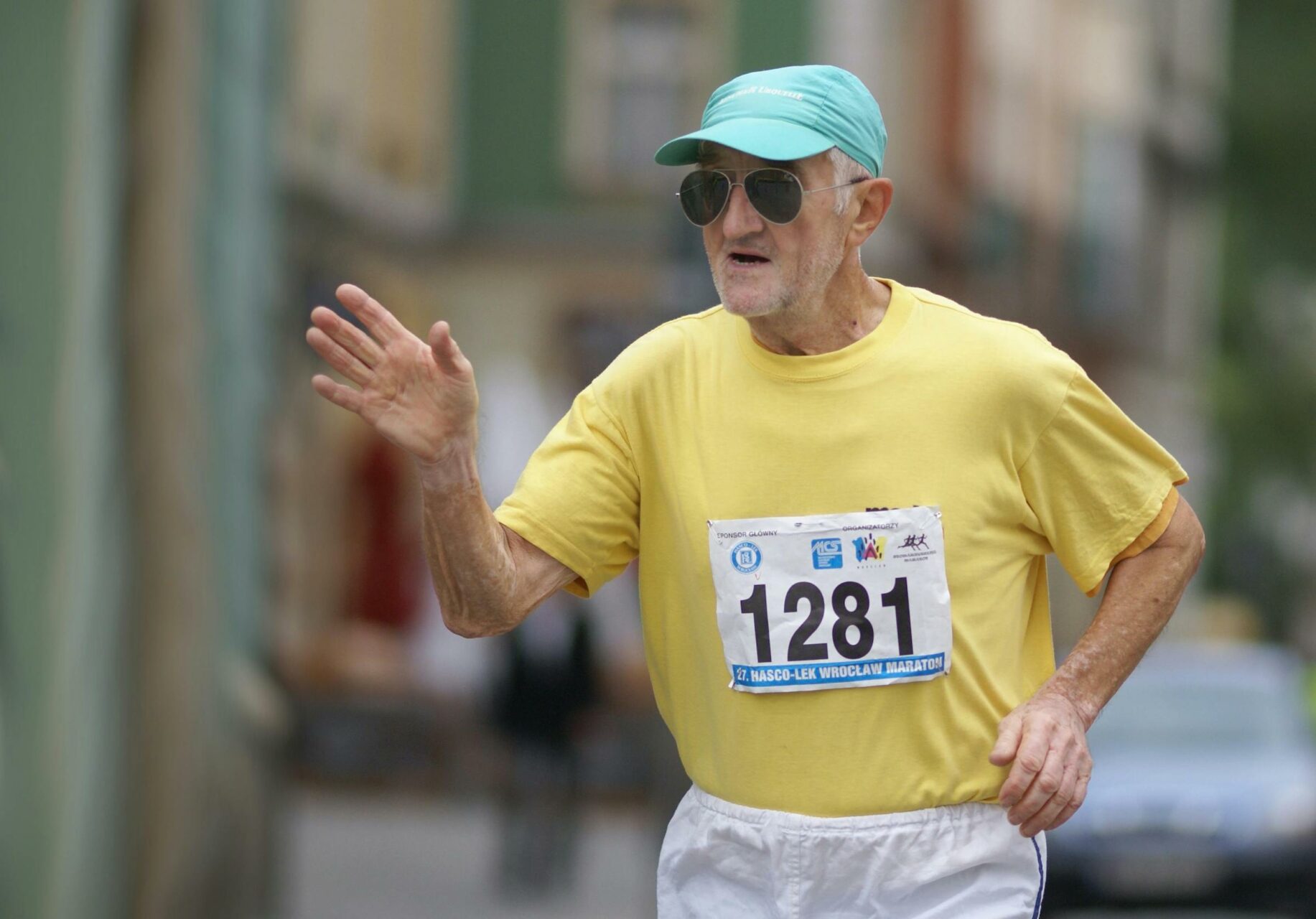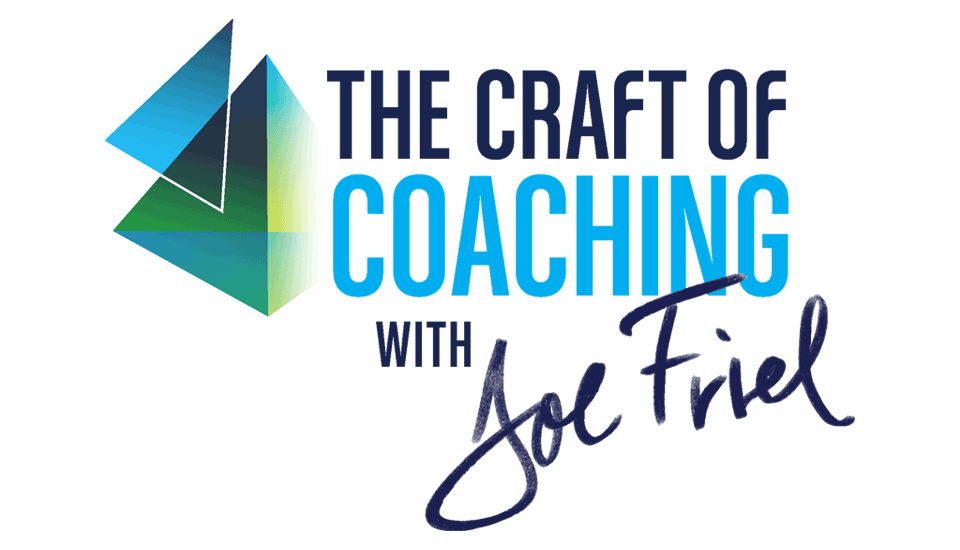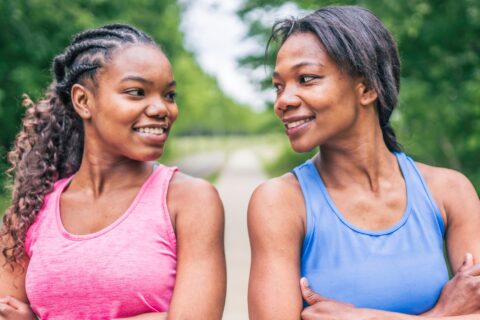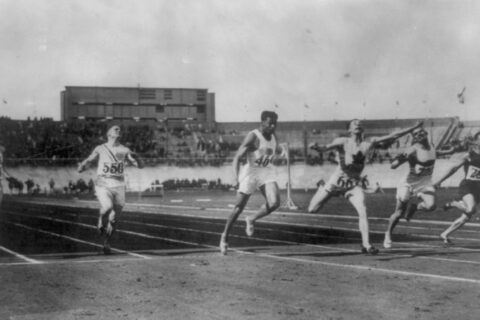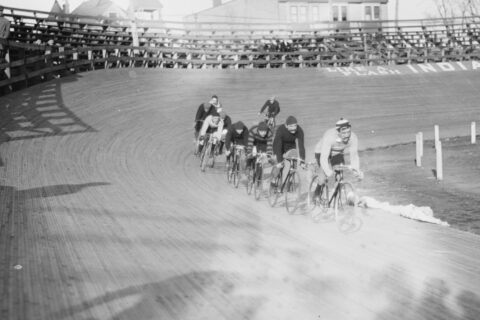As a latecomer to the competitive running scene, Cathy Utzschneider knocked out top results as a masters athlete while also coaching 75 USATF age group champions. She shares her experience on how best to remain engaged and open to what’s next.
As a latecomer to the competitive running scene, Cathy Utzschneider knocked out top results as a masters athlete while also coaching 75 USATF age group champions. She shares her experience on how best to remain engaged and open to what’s next.
